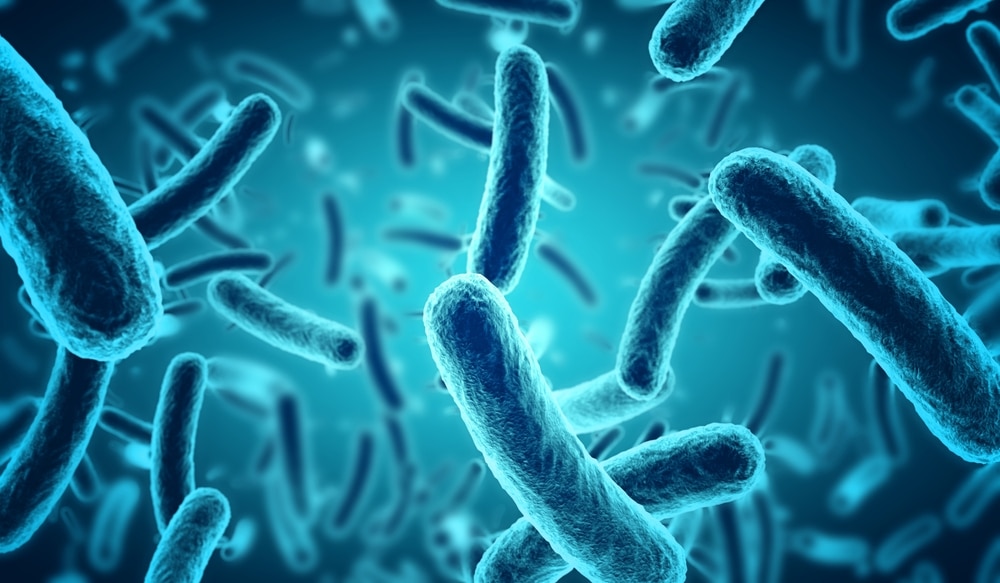Testosterone plays a vital role in the health and well-being of both men and women, acting as a keystone hormone for various physiological functions. When levels fall below a certain threshold, it’s known as “low testosterone” or “Low T,” a condition that can deeply impact one’s quality of life. However, certain dietary choices may unwittingly contribute to the decline of this essential hormone. In hormonal health, understanding what foods might harm testosterone levels is crucial.
At Aledo Empowered Wellness in Aledo, TX, we provide insights and treatments, such as testosterone replacement therapy, to help maintain optimal hormone health. Here, we will explore what testosterone is, what constitutes Low T, the foods that can negatively impact testosterone, and how testosterone replacement therapy can counteract these effects.
What Is Testosterone?
Testosterone is the primary sex hormone in males, though it is also found in females in smaller amounts. It is responsible for developing male sexual characteristics, including muscle mass, bone density, and the production of red blood cells. Beyond its role in sexual health, testosterone is essential for overall health, affecting mood, energy levels, and cognitive function.
What Is Low T?
Low testosterone, or Low T, is a condition typically affecting men where the body does not produce sufficient levels of testosterone. Symptoms of Low T can include reduced libido, fatigue, loss of muscle mass, increased body fat, and cognitive disturbances. Low T is diagnosed through symptom assessment and blood tests to measure testosterone levels. It is not merely a number on a test; it is about how a man feels and functions.
What Foods Kill Testosterone?
Diet plays a pivotal role in maintaining hormonal balance, including testosterone levels. Certain foods can disrupt this balance, acting as “testosterone killers,” so to speak. These include:
Soy Products
Soy products are known to hurt testosterone levels in the body. Soy contains phytoestrogens, which are compounds that mimic the effects of estrogen in the body and can disrupt the balance of hormones. Additionally, soy is high in phytates, which can interfere with absorbing essential minerals such as zinc and magnesium necessary for testosterone production.
Refined Carbohydrates
Refined carbohydrates such as white bread, pasta, and pastries can also negatively affect testosterone levels. These carbs cause blood sugar to spike quickly after consumption, leading to an insulin spike that can inhibit testosterone production. Additionally, refined carbs lack vitamins and minerals for hormone regulation and metabolism.
Alcohol
Alcohol has been shown to reduce testosterone levels in men due to its ability to minimize luteinizing hormone (LH) production in the body. LH is a hormone that stimulates the testicles to produce testosterone, so when alcohol consumption increases, it can lead to decreased LH levels and, thus, lower testosterone production.
Sugary Drinks
Sugary drinks such as soda and energy drinks contain large amounts of sugar that can lead to an insulin spike when consumed in excess. This sudden insulin surge inhibits testosterone production by reducing luteinizing hormone (LH) levels in the body. Additionally, sugary drinks contain empty calories that can lead to weight gain over time, further reducing testosterone production due to increased aromatase activity (aromatase converts testosterone into estrogen).
Dairy Products
Dairy products such as milk, cheese, and yogurt contain naturally occurring hormones called insulin-like growth factor 1 (IGF-1), linked with decreased free-testosterone levels in men due to its ability to inhibit luteinizing hormone (LH) production. Additionally, dairy products contain saturated fat linked with reduced SHBG (sex hormone binding globulin) concentrations; SHBG binds up free testosterone, rendering it inactive, so low SHBG concentrations result in reduced bioavailable testosterone.
Processed Meats
Processed meats such as hot dogs, bacon, and ham often contain nitrates or nitrites, which act as preservatives but also have been linked with decreased testosterone concentrations due to their ability to induce oxidative stress. Oxidative stress causes damage to cells, including Leydig cells within the testes responsible for producing testosterone; this damage leads to reduced testosterone synthesis.
What Treatments Do We Provide for Testosterone?
At Aledo Empowered Wellness, we understand the importance of hormonal balance for overall health and well-being. We offer testosterone replacement therapy as a critical treatment for those suffering from Low T.
Testosterone Replacement Therapy
Testosterone replacement therapy (TRT) is a medically supervised treatment designed to restore testosterone levels to their normal range. This can be achieved through various methods, such as injections, patches, gels, or pellets. The goal of TRT is to alleviate the symptoms associated with Low T and improve the quality of life for patients.
Bioidentical Hormone Replacement Therapy
Bioidentical hormone replacement therapy (BHRT) for testosterone involves using hormones that are structurally identical to the hormones naturally produced in the human body to address testosterone deficiency. This therapy is often prescribed for individuals experiencing symptoms of low testosterone, such as fatigue, reduced libido, mood swings, and muscle loss. Treatment is typically administered via methods like patches, gels, or pellet implants.
What Qualifies You for Either Treatment?
If you are experiencing symptoms like decreased sex drive, fatigue, loss of muscle mass, and cognitive changes, you may qualify for BHRT or TRT. We evaluate potential candidates through a comprehensive evaluation of symptoms and blood test results to confirm Low T. At Aledo Empowered Wellness, we will create a tailored testosterone treatment plan that fits your needs.
Take Control of Your Testosterone Levels in Aledo, TX
Testosterone is not just a sex hormone but a critical component of broader health that dietary choices can influence. Identifying and avoiding foods that kill testosterone can be a significant step in managing Low T. However, when diet and lifestyle changes are not enough, testosterone replacement therapy offers a viable treatment option.
At Aledo Empowered Wellness in Aledo, TX, we prioritize a holistic and personalized approach to testosterone treatment, recognizing the unique needs of each individual. If you’re experiencing symptoms of Low T or are concerned about your testosterone levels, don’t let your quality of life diminish without seeking help.
For more information on our treatments and to schedule a consultation with us, please get in touch with us online or call us at (682) 332-0169.




